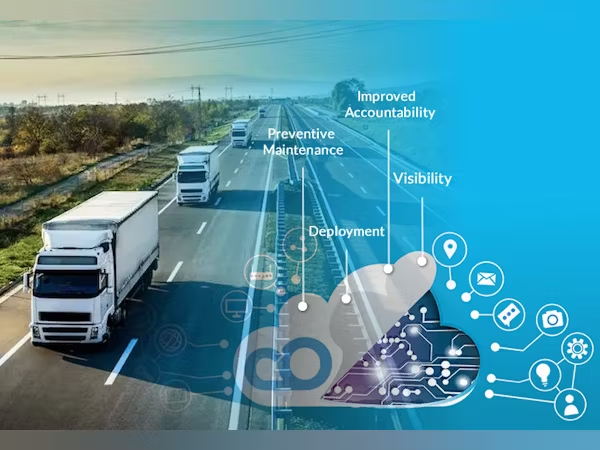GPS and vehicle tracking systems have become almost essential toolsfor fleet operators in India, especially for trucks, tempos, buses, tractors, and construction fleets. Let me give you a refined, detailed breakdown of their use.
📡 The Role of GPS & Vehicle Tracking Systems for Fleet Operators
1. Real-Time Location Tracking
• Fleet owners can monitor truck locations live on a map.
• Helps in ensuring drivers stick to assigned routes and prevents misuse of vehicles.
• Essential for long-haul transport — customers can get accurate ETA (Estimated Time of Arrival) updates.
📌 For smaller fleet owners, even 2–3
trucks, GPS avoids unnecessary calls to drivers for updates.
2. Fuel Efficiency & Cost Control
• GPS devices track idling time, overspeeding, and rash driving— all of which waste fuel.
• Some advanced trackers integrate with fuel sensors to detect fuel theft or leakage.
• Helps fleet operators cut fuel costs (which can be up to 40% of operating expenses).
3. Driver Behavior Monitoring
• Tracks harsh braking, over-speeding, and unauthorized stops.
• Encourages safer driving habits by holding drivers accountable.
• Good driver behavior reduces accidents, maintenance costs, and
insurance claims.
📌 In India, many logistics firms offer driver incentives linked to GPS driving reports.
4. Route Optimization
• Identifies shortest and safest routes based on real-time traffic data.
• Reduces delivery delays, toll expenses, and unnecessary mileage.
• Very useful for city deliveries and e-commerce fleets.
5. Theft Prevention & Security
• Trucks, especially those carrying valuable goods (steel, cement, electronics), are prone to theft.
• GPS systems can set up geo-fences (alerts if vehicle deviates from planned routes).
• Owners can immobilize engines remotely in case of theft.
6. Maintenance & Health Monitoring
• Many GPS systems now include OBD (On-Board Diagnostics) integration, giving alerts on:
• Engine overheating
• Battery drain
• Brake wear
• This helps schedule preventive maintenance, reducing breakdowns.
7. Regulatory Compliance
• In India, AIS-140 GPS tracking devices are mandated for certain categories like buses, school transport, and commercial passenger vehicles.
• Helps with RTO compliance, accident investigation, and digital log keeping.
8. Customer Service & Transparency
• Clients can be given access to live shipment tracking — building trust.
• Accurate ETAs = better business credibility.
• Useful for logistics contracts, construction projects, and FMCG deliveries where timing is crucial.
9. Cost Savings & ROI
• Reduces fuel wastage and unauthorized trips.
• Prevents theft losses.
• Lowers maintenance by spotting bad driving habits.
• Many operators report 10–15% cost savings within a year of GPS adoption.
📌 In used trucks, where condition is already a concern, GPS monitoring ensures the vehicle is not misused, extending its life.
✅ Key Takeaways
• GPS is no longer a “luxury” — it’s a must-have for efficient fleet management.
• For used commercial vehicles, it adds transparency, security, and cost control.
• Even a basic GPS system improves tracking and accountability, while advanced ones add fuel monitoring and health diagnostics.
👉 In short: Fleet operators who adopt GPS tracking run leaner, safer, and more profitable businesses — whether they manage 2 trucks or 200.













